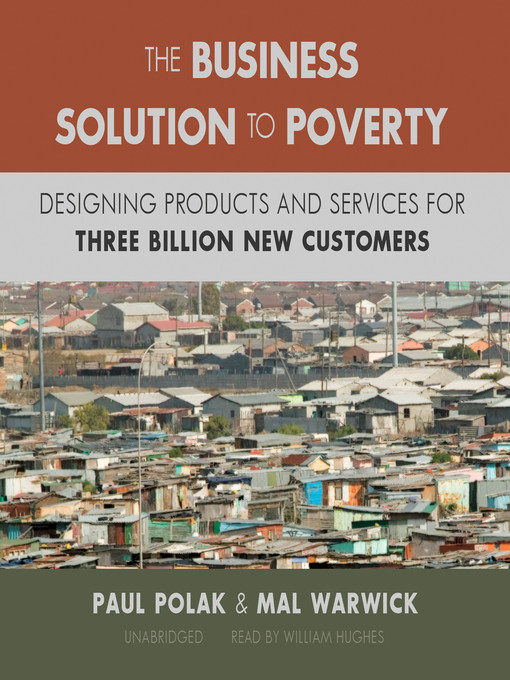The nearly three billion people living on two dollars a day are not just the world's greatest challenge—they represent an extraordinary market opportunity. The key is what Paul Polak and Mal Warwick call Zero-Based Design: starting from scratch to create innovative products and services tailored for the very poor, armed with a thorough understanding of what they really want and need, and driven by what Polak and Warwick call "the ruthless pursuit of affordability."
Polak has been doing this work for years, and Warwick has extensive experience in both business and philanthropy. Together, they show how their design principles and vision can enable unapologetic capitalists to supply the very poor with clean drinking water, electricity, irrigation, housing, education, health care, and other necessities at a fraction of the usual cost and at profit margins comparable to those of businesses in the developed world.
Promising governmental and philanthropic efforts to end poverty have not reached scale because they lack the incentives of the market to attract massive resources. This book opens an extraordinary opportunity for nimble entrepreneurs, investors, and corporate executives that will result not only in vibrant, growing businesses but also a better life for the world's poorest people.

